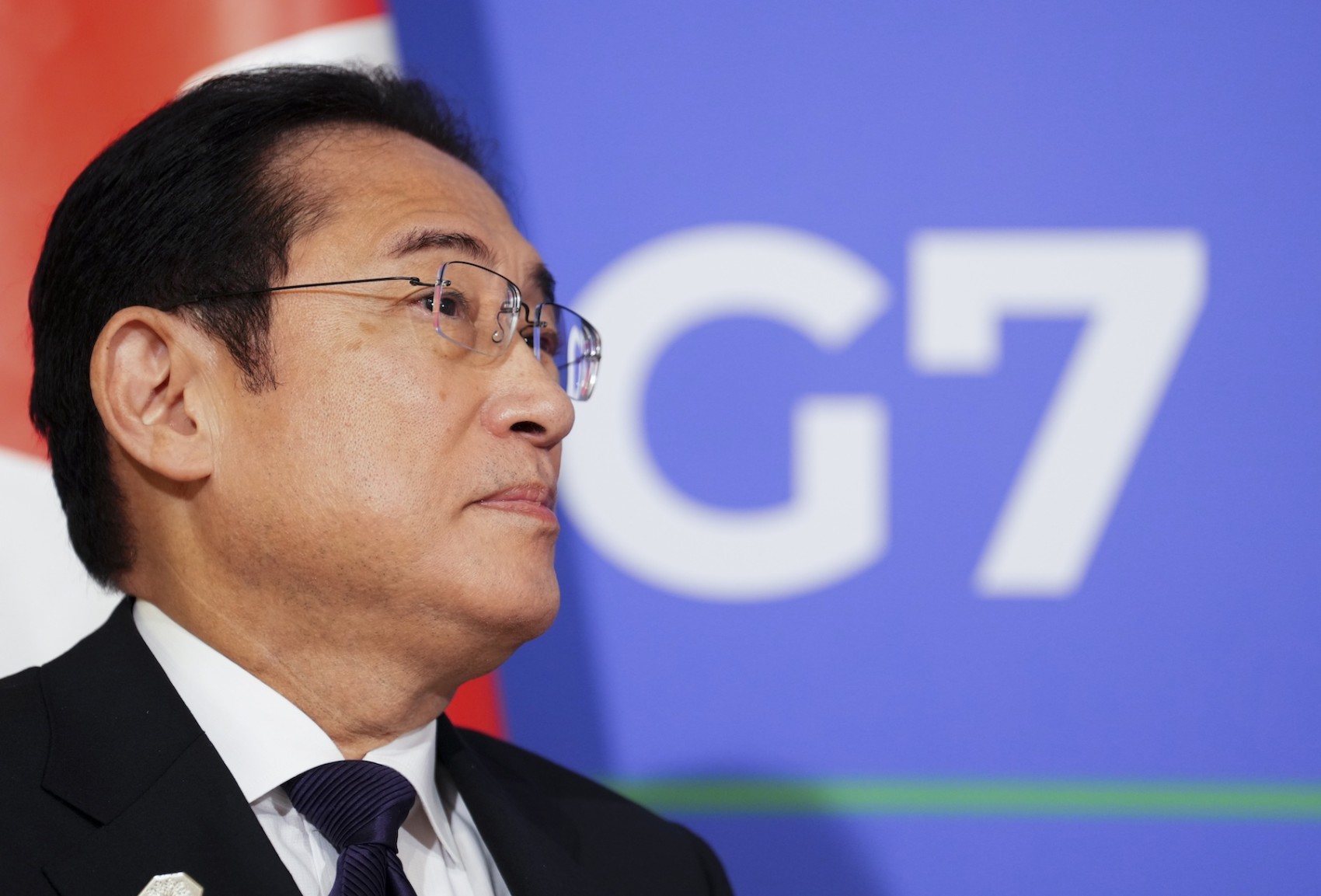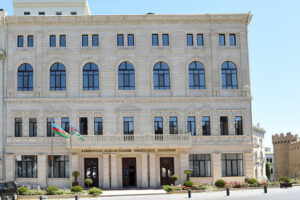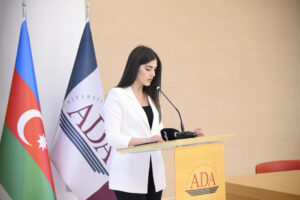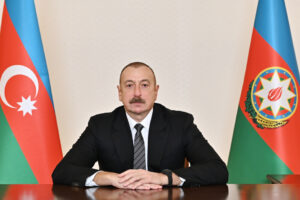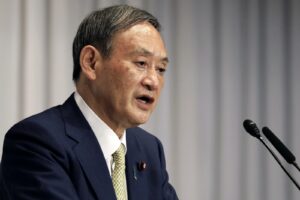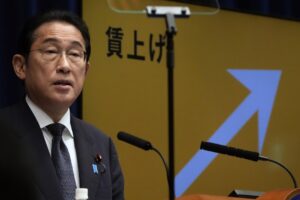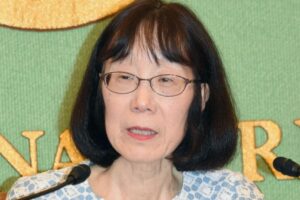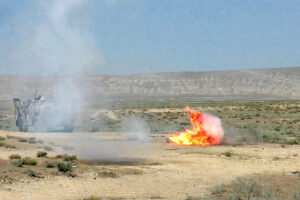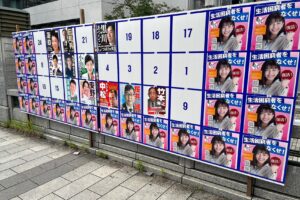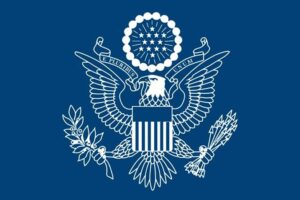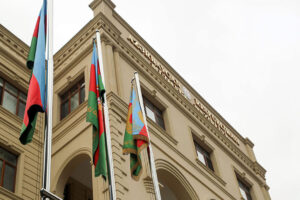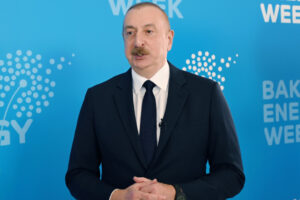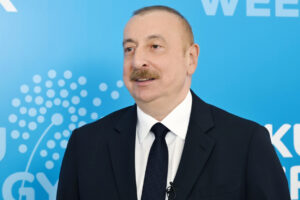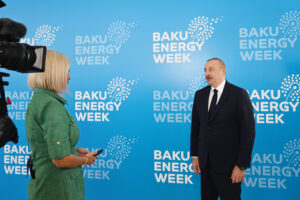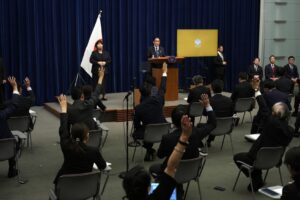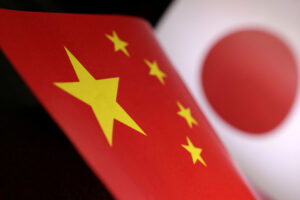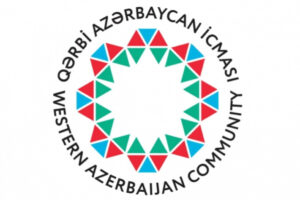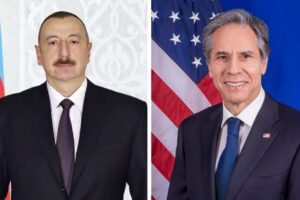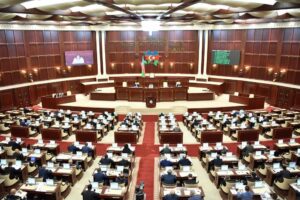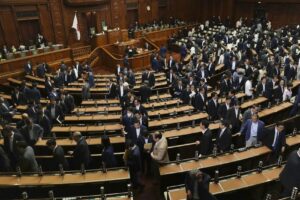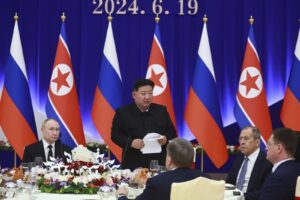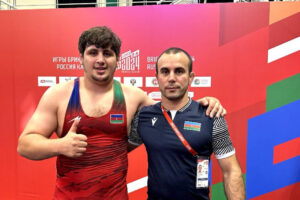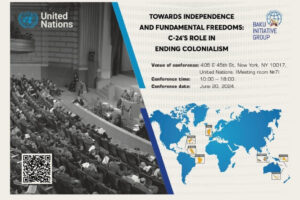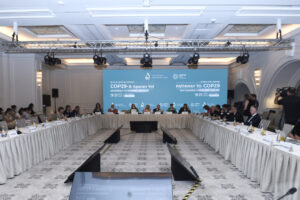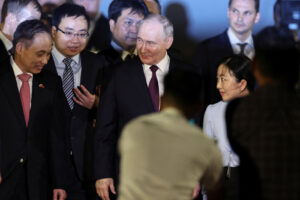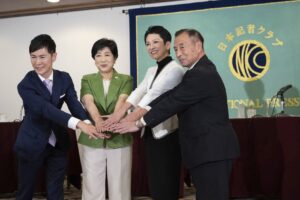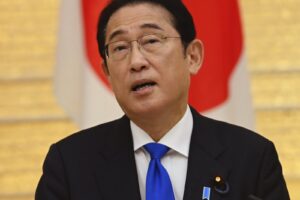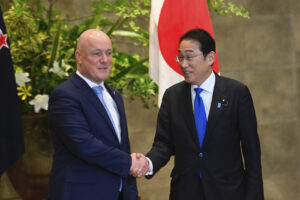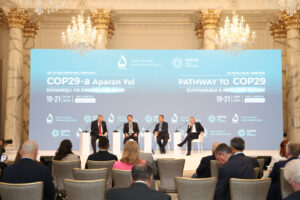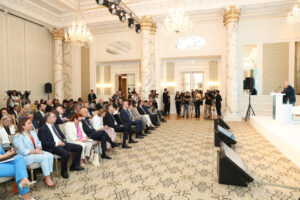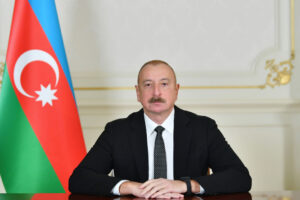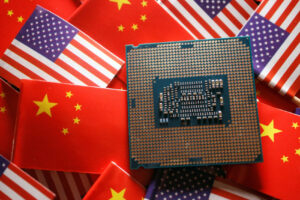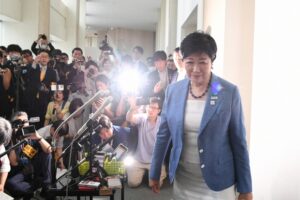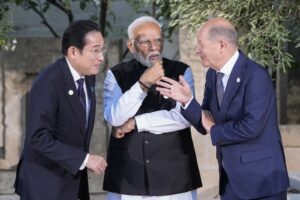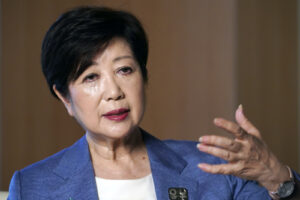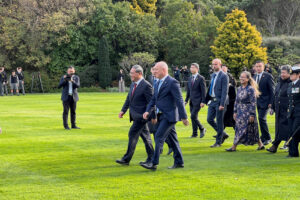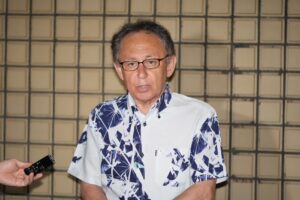Tokyo, 15 June, /AJMEDIA/
The Group of Seven nations are expressing heightened concern against the intensifying cooperation between Russia and North Korea, as Pyongyang has allegedly received military technologies from Moscow in exchange for transferring missiles.
North Korea’s strengthening missile capabilities with Russian support has raised concerns among foreign affairs experts, who are urging Japan — the sole Asian member of the G7 — to take a leading role in addressing the regional threat.
In a bid to broaden multinational efforts beyond the G7 in monitoring such weapon trades, Japan needs to engage China, a country with friendly ties to both Russia and North Korea, to address the situation, the experts said.
In the wake of a meeting between then Russian Defense Minister Sergei Shoigu and North Korean leader Kim Jong Un in July 2023, military cooperation between the two nations is believed to be rapidly advancing amid Moscow’s prolonged invasion of Ukraine, which began in February 2022.
In a communique at this year’s summit in Italy, the G7, comprising Britain, Canada, France, Germany, Italy, Japan and the United States, plus the European Union, condemned “in the strongest possible terms” arms transfers from North Korea to Russia as violating U.N. Security Council resolutions.
Kim also visited the Vostochny Cosmodrome space launch center in the Russian Far East in September 2023 under President Vladimir Putin’s guidance, sparking speculation that Moscow gave aerospace technologies to Pyongyang.
In fact, around two months after Kim returned to Pyongyang, North Korea announced it had successfully launched a reconnaissance satellite. The liftoff followed two unsuccessful attempts by Pyongyang earlier last year to place such an object into orbit.
Recently, expectations are rife that Putin, who was sworn in for a new six-year term in May, will visit North Korea at an early date. If realized, his trip to North Korea would be his first since July 2000, when Kim’s late father led the Asian country.
Moscow and Pyongyang have been trying to develop closer “win-win” relations “based on their mutual interests,” said Akiko Yoshioka, a specialist in Russian policies and a research fellow at the Canon Institute for Global Studies in Tokyo.
“As the war in Ukraine drags on and Russia has faced shortages of ammunition and human resources,” North Korea has provided a “well-timed opportunity” for Moscow, which has sought to garner support from other nations, Yoshioka added.
For North Korea, stronger ties with Russia could help prevent the U.N. Security Council from imposing additional sanctions on its nuclear and missile programs, said Hiromi Kamoshita, an associate professor at Konan Women’s University in western Japan.
The move would allow Pyongyang to “further reinforce its national security,” the expert on Korean studies said, adding relations between Russia and North Korea will “remain solid” as long as Moscow continues its aggression in Ukraine.
North Korea was established on Sept. 9, 1948, backed by the Soviet Union, Russia’s predecessor. Russia is one of the five veto-wielding permanent members of the U.N. Security Council, along with Britain, China, France and the United States.
In the latest development, a long-standing U.N. panel of independent experts tasked with overseeing the enforcement of sanctions on North Korea ended its activities in late April, with a Russian veto blocking its reauthorization.
As the United Nations may no longer function effectively, experts suggest that a surveillance network on North Korea should be built by the G7 and other like-minded countries, urging Japan, being directly under North Korea’s military threat, to lead the initiative.
Kamoshita also pointed out that North Korea might be obtaining data from missiles used in the actual battlegrounds of Ukraine, which could benefit Pyongyang’s weapons business and improve arms performance down the road.
“Such data could contribute to North Korea’s future development of missiles with irregular trajectories capable of evading the defense systems of Japan and the United States,” jeopardizing regional peace and stability, Kamoshita said.
Under the challenging security circumstances, the experts underscore the importance of Beijing’s involvement, noting that China, North Korea’s closest and most influential ally, likely does not want to be seen as forming a bloc with Pyongyang and Moscow.
China has apparently been “harboring ill feelings” against the deepening Russia-North Korea ties, given that Moscow’s increasing engagement with Pyongyang would, in turn, undermine Beijing’s clout over the North, Kamoshita said.
“Japan and the G7 members have no choice but to consistently urge China to act as a regional power responsible for security” in the Asia-Pacific area, she added.
The experts, meanwhile, said Russia and North Korea may be showing off their close relations to bolster their bargaining power with the United States, in case former President Donald Trump wins the upcoming presidential election in November.
During his four-year term starting in 2017, Trump, a Republican businessman-turned-politician, aimed to build rapport with both Putin and Kim. In 2018, Trump and Kim held the first-ever U.S.-North Korea summit, although their talks eventually broke down.

